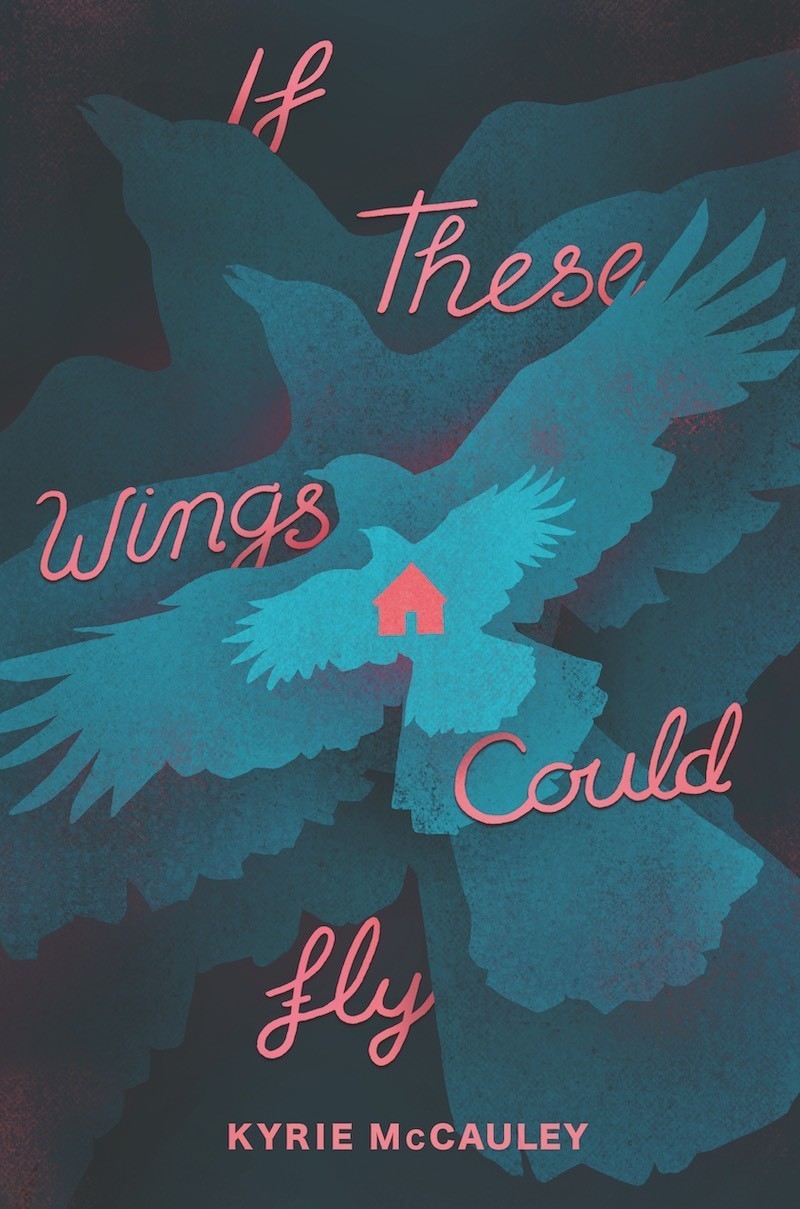Chapter 33
byChapter 33 delves deeply into the enduring impact of words, particularly those spoken in moments of anger or malice. The narrative focuses on how certain words can resonate far beyond the moment they are spoken, leaving emotional scars that last long after the initial hurt. Words like “ice queen” are described as carrying an invisible weight, creating a burden that lingers with the person being insulted. This metaphor suggests a sense of being tethered, unable to fully move on or escape the sting of the words. On the other hand, the word “brat” is dismissed with far less emotional investment, likened to a raindrop that simply rolls off without leaving a lasting impact. This stark contrast highlights how different words are processed emotionally, with some sliding off while others burrow deep within, creating lasting damage. The narrator’s reflection emphasizes how we often internalize words depending on their intent and the emotional context in which they are delivered.
The author then compares the impact of a few other insults, emphasizing the deeper significance of words like “bitch” and “cunt.” The term “bitch” is likened to a painful splinter, something that can cause initial pain but can be removed with time and effort. Though difficult, it can eventually be dealt with and forgotten. However, the word “cunt” is described as much more damaging, compared to a festering disease that remains inside, a constant reminder of the abuse and contempt behind it. This word is particularly potent in the narrator’s memory because of the history tied to it, especially the association with their mother, who was also subjected to similar verbal abuse. The sense of degradation that this word evokes is not just personal but deeply historical, affecting the narrator’s sense of identity and their view of their place in the world. Unlike other insults, this word lingers, shaping the narrator’s self-perception in a way that no other term has, leaving them feeling objectified and depersonalized, as if their humanity is stripped away with each utterance.
The cruel pleasure that the aggressor derives from using such a word further exacerbates its impact. The speaker’s abuser takes satisfaction in the emotional harm caused by the insult, which highlights the sadistic nature of verbal abuse. This malicious intent is made clear as the abuser’s pride in the power of their words becomes apparent. The effect of this cruelty doesn’t disappear once the words are spoken; instead, the insult is internalized and continues to fester within the victim, leaving a lingering emotional wound that cannot easily be healed. The impact of the word becomes something that the narrator carries with them, affecting their thoughts and actions long after the encounter. The power of language in this context is revealed to be not just in the words themselves but in the way they are weaponized to cause lasting harm. The term “cunt” becomes a symbol of emotional violence, demonstrating how deeply words can penetrate the psyche, shaping how one sees themselves and their worth.
Ultimately, Chapter 33 explores the psychological scars left by harmful words, focusing on how insults can strip away a person’s dignity and sense of self. The narrator’s experience underscores how deeply verbal abuse can affect someone, transforming them from a whole person into an object of disdain. The chapter poignantly illustrates how words, when used maliciously, can leave lasting scars on one’s emotional health, affecting not only the immediate relationship but also the person’s view of themselves. The narrator’s reflection on their own experience with these damaging words serves as a reminder of the power of language to both build and destroy. The emotional toll of verbal abuse is explored in depth, shedding light on how words can carry a weight that far exceeds their literal meaning. The trauma caused by insults like these doesn’t just affect the individual in the moment but can shape their entire worldview and alter their sense of identity. The exploration of how words define and confine individuals is a sobering look at the long-term impact of emotional violence, encouraging readers to consider the weight of their own words and the lasting effects they may have on others.

